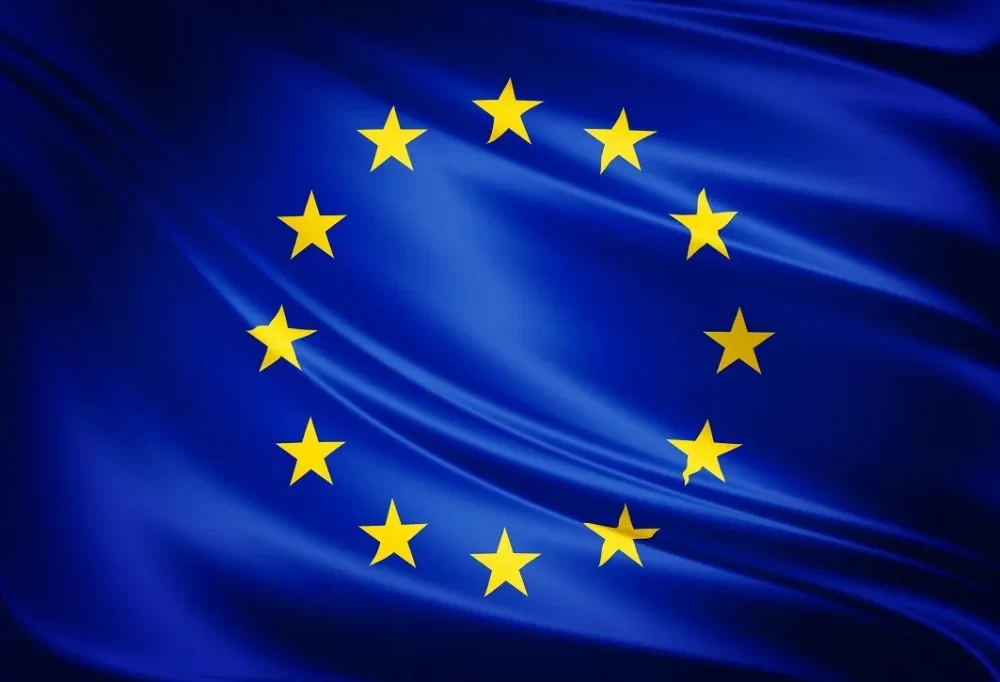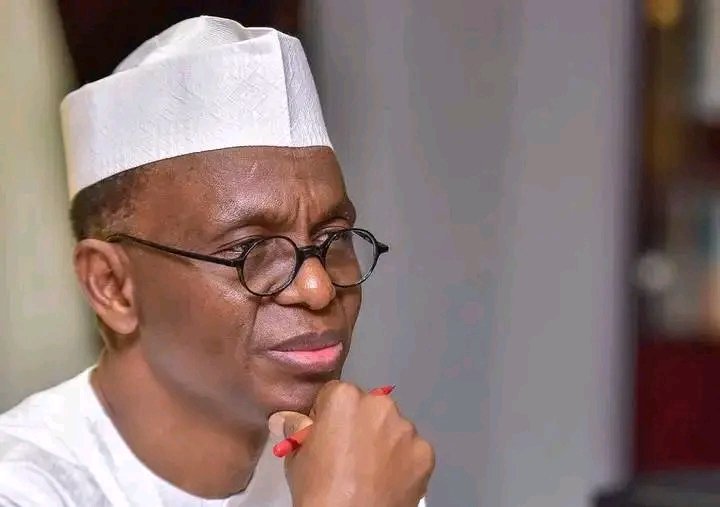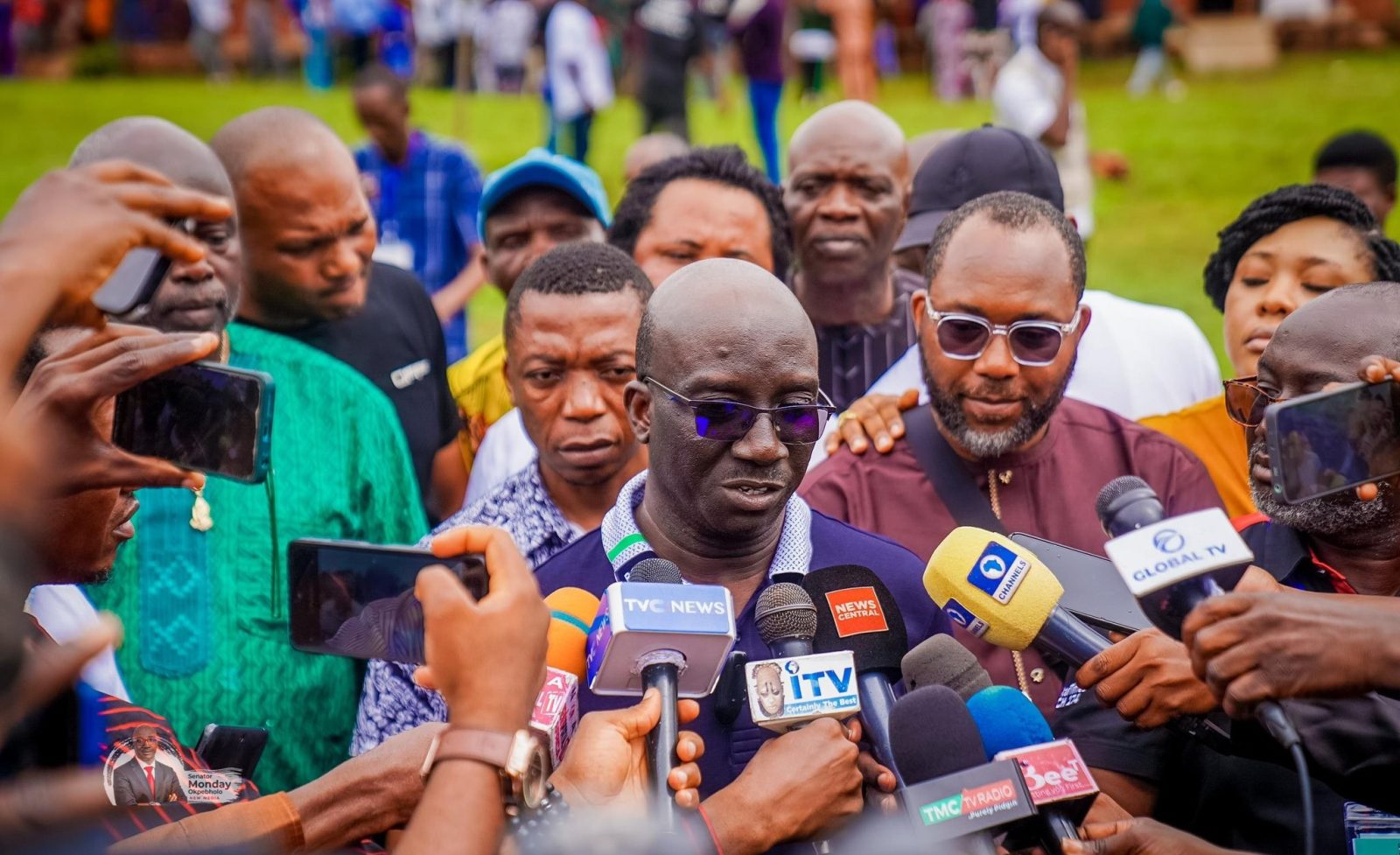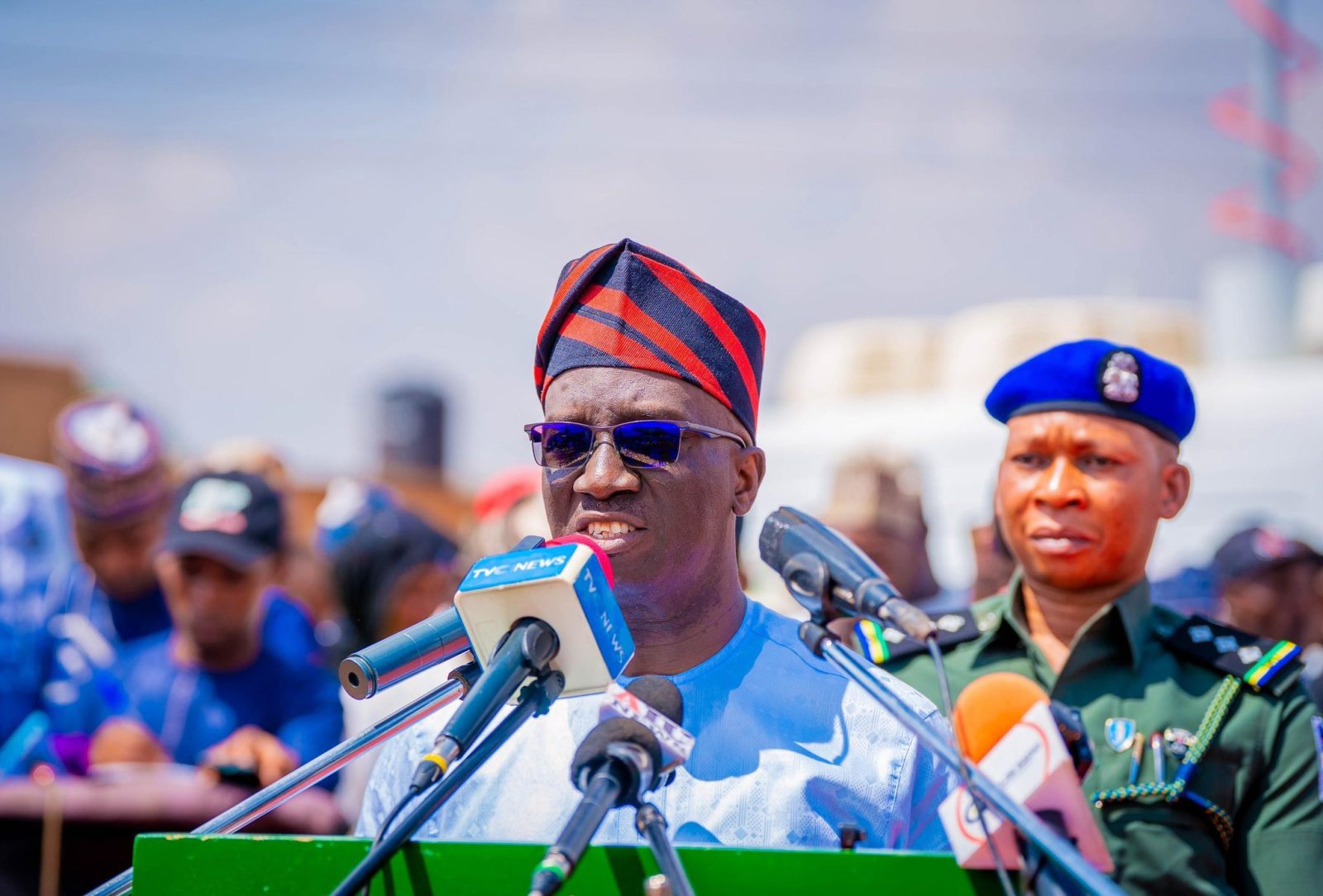The European Union (EU) said on Monday that it has earmarked €39 million to support Nigeria’s electoral processes.
According to the international organization, the project will begin from 2022 to 2027 with a focus on six specific components.
The Ambassador to Nigeria and ECOWAS, Amb. Samuela Isopi, who disclosed this at the programme launch of the EU-Support to Democratic Governance in Nigeria (EU-SDGN) in Abuja, said EU had spent over €150 million on elections in Nigeria since its return to democratic rule in 1999.
He said the money was used in providing technical support to key electoral institutions and stakeholders in the country.
Isopi said: “This event is to mark the official closure of Phase I and the launch of Phase II of EU’s flagship democracy support programme.
“The European Union has provided technical support to key electoral institutions and stakeholders since Nigeria’s return to democratic rule in 1999, with over a 150 million euros committed so far.
“Phase 1 of the EU-SDGN program contributed to the reform of the electoral process by building capacities, strengthening institutions, strengthening the role and participation of civil society, contributing to the reform of the legal framework.
“The EU Support to Democratic Governance in Nigeria (EU SDGN) testifies to our continued partnership with Nigeria. A partnership that has grown in mutual respect and benefit since Nigeria’s return to democratic rule in 1999.
“The rule of law, human rights and democracy are the founding principles of the European Union.
“The support to democracy worldwide is not just consistent with the European Union’s fundamental values, it is part of our interests and remains a crucial tool in our foreign policy and in our engagement with partners across the world.
“Because it is our firm belief that only a functioning democracy can address citizens’ needs and build prosperous, resilient and strong societies. It is with this belief in mind that the support to electoral processes is a key element of the EU’s cooperation policy with its partners.
“Building on the success of the first phase, the Identification and Formulation of Phase II of the programme was done in consultation with the Nigerian Government and key stakeholders such as the Independent National Electoral Commission (INEC) and civil society organisations.”
The ambassador, however, warned against external interference in the activities of INEC in the 2023 general elections.
“We must all support and respect the fundamental and independent role of INEC as it fulfils its constitutional mandate.
“INEC must be allowed to operate free from outside pressure, and in turn must demonstrate full neutrality and professionalism.
“Tremendous progress has been achieved. The new electoral act is a major step forward and its full implementation together with the technical reforms introduced by INEC have the potential to make 2023 general elections a milestone in Nigeria’s democratic history,” Isopi said.























Leave a comment